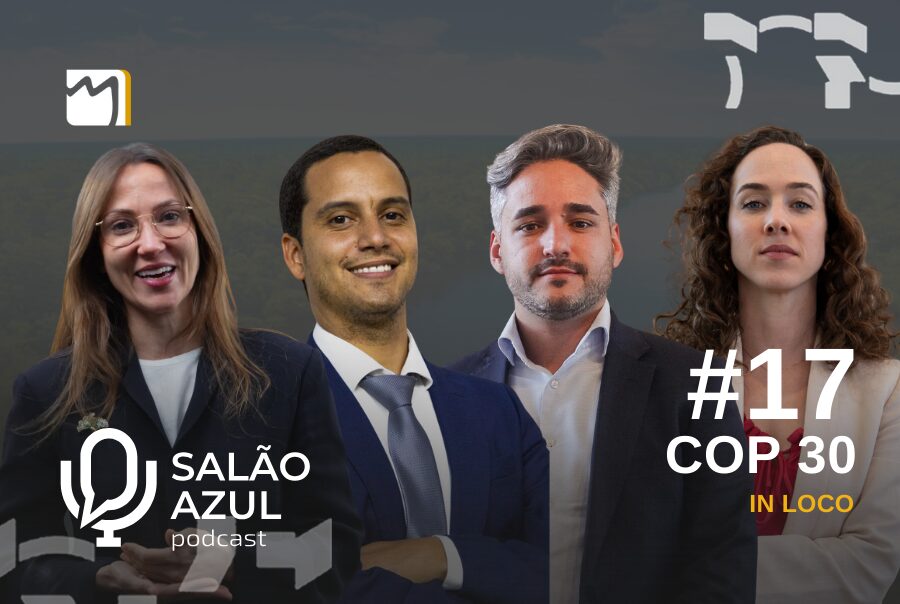By | Abu Dhabi
Brazil will file a complaint to the World Trade Organization (WTO) on Thursday against Indonesia, claiming the Asian country is blocking Brazilian poultry exports.
Valor has learned that the Brazilian government will resort to the Dispute Settlement Body of the WTO against the country after five years of unsuccessful attempts to reach an agreement, during which Brazilian exporters failed to earn tens of millions dollars.
The potential of the Indonesian market is enough to provide an idea of the economic importance of the dispute, since the country has over 250 million inhabitants and is the fourth most populous in the world, after China, India and the US.
The local industry only produces 900,000 tonnes of chicken meat per year, an extremely low figure. Indonesian per capita consumption is only 7.6kg of chicken per year, compared to 45kg in Brazil.
To try to obtain effective market openness, Brazil even submitted to the Indonesians in 2010 a proposal for an international health certificate for fresh chicken, turkey and duck.
However, Indonesia has not taken any initiative to approve the certificate, nor presented a risk assessment indicating there are scientific reasons for not approving it, according to the Brazilian government.
Despite Brazilian pressure in technical committees of the WTO, Jakarta maintained a series of barriers which the Foreign Ministry considers inconsistent with various WTO agreements.
The restrictions range from health requirements to administrative procedures that prevent some customers from obtaining import licenses in that country.
Currently, non-tariff barriers – an increasingly used tool in international trade – fuel the Brazilian fears that even with a health certificate exports still face significant barriers in Indonesia.
The conclusion is that Jakarta does not seem to want to even allow the importation of chicken meat, frozen or fresh. New legislation on import price and management policies allows the imposition of restrictions to manage the domestic supply of “strategic goods,” a concept that includes chicken and other poultry products.
The Brazilian government hadn’t resorted in a long time to the WTO to overturn obstacles to its exports, despite frequent threats by both productive sectors as well as from the Itamaraty, the Brazilian diplomatic corps, toward multiple partners.
With the election period in full gear, the government accelerated a cotton agreement with the US and now finally reacts against Indonesia.
The current dispute is being driven by the Brazilian Association of Animal Protein (ABPA), chaired by former Minister of Agriculture Francisco Turra. The organization has hired Barral M. Jorge Consultores Associados to work in conjunction with the Foreign Ministry. Brazilian disputes are usually represented by American law firms.
The WTO could issue 60 days for Brazil and Indonesia to at least try to reach an agreement. The next step will be Brazil asking for a panel (committee of three experts), beginning a litigation process that can take at least 15 months and end in authorization to retaliate against the Indonesians.
The protectionism of Indonesia is on the radar of other trade partners such as the US and European Union, with increasing local content requirements in a number of products, affecting the entry of foreign goods in various sectors.


